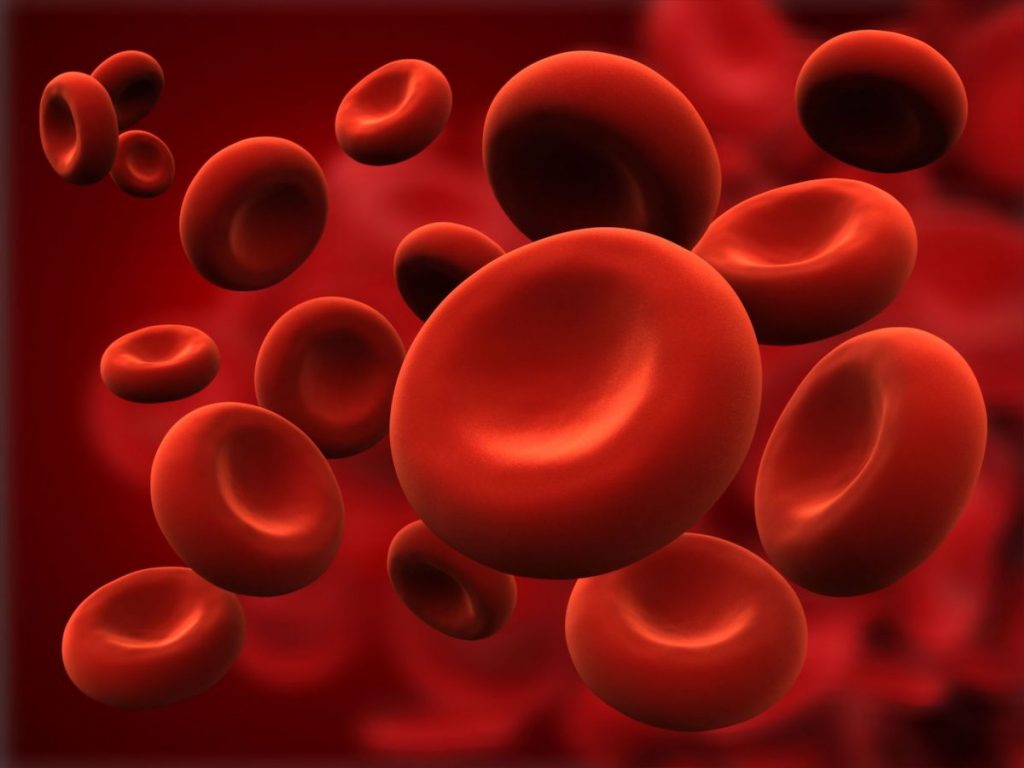We are usually taught that consuming vitamins and minerals are essential to the proper function of our bodies and the systems contained within. But new studies are showing that even when it comes to healthy supplements, too much of a good thing can be very detrimental. A recent study found that consuming too much iron can be very harmful to the human body.
Featured in the journal Nature Communications, the study looked at genetic human studies of more than a million subjects. The lead study author and analyst is Paul Timmers, of the University of Edinburgh.

“Using genetics, we found multiple lines of evidence indicating that poor control of blood iron levels is causally linked to a shorter lifespan and fewer years lived in good health,” Timmers told Eat This, Not That!
The study concentrated on examining the DNA of those participating in the study, those living typically healthy lives, and those living with age-related diseases. Analysts isolated three key facts regarding the factors of aging. They included lifespan, healthspan, and longevity. Healthspan refers to the years an individual lives without disease, and longevity refers to a person living to old age.

Additionally, LDLR and FOXO3 were two regions found to influence how iron is metabolized by the body, which gave researchers the indication that iron may have a greater role in aging than previously realized.
‘Genetic variation in these regions seems to be the most important for healthy iron metabolism. Genes influenced by genetic variation in the other eight regions are not directly linked to iron metabolism,” said Joris Deelen, Ph.D., an author who studies biology and aging at the Max Planck Institute for Biology of Aging in Germany.

Deelen further explains how iron levels may play a role in aging. He says that while it’s well-known that iron deficiency can cause poor health, they were the first to find out that for most people a small reduction in blood iron—from their current levels—is likely to be beneficial to their health. Iron metabolism has not been linked previously to healthy aging and this study is a real breakthrough.

Higher iron levels based on genetic predisposition may actually reduce a person’s lifespan. Variations in DNA can uncontrollably increase iron levels, which is not the fault of anyone with these predispositions. Ultimately, if one has these genetic markers, their increased iron levels are out of their control, and could lead to a heightened chance of age-related disease and even early death.
“People tend to lose their ability to regulate iron levels as they get older, so regularly checking your iron levels could be important to maintain optimal health into old age,” says Timmers.
This means that if you have these genetic markers, you may need to more closely regulate your iron intake. But how would any of us know if we have these iron-raising DNA predispositions? Without being a part of a specific test group designed for this purpose, we may never know if we are prone to increased iron levels. Ultimately, we would all need to be as safe as possible because of this uncertainty, and practice general regulation of our iron levels. This would entail being more conscious about consuming foods very high in iron, such as red meats.

Because the study was preliminary, more research is needed to solidify the findings. It is not clear how much iron plays a part in early aging and age-related disease. To truly determine how much iron is needed to stay healthy and when that threshold is crossed, researchers would need to find out more about iron metabolism. It varies by the individual, so precise testing and data is definitely necessary for this groundbreaking research.